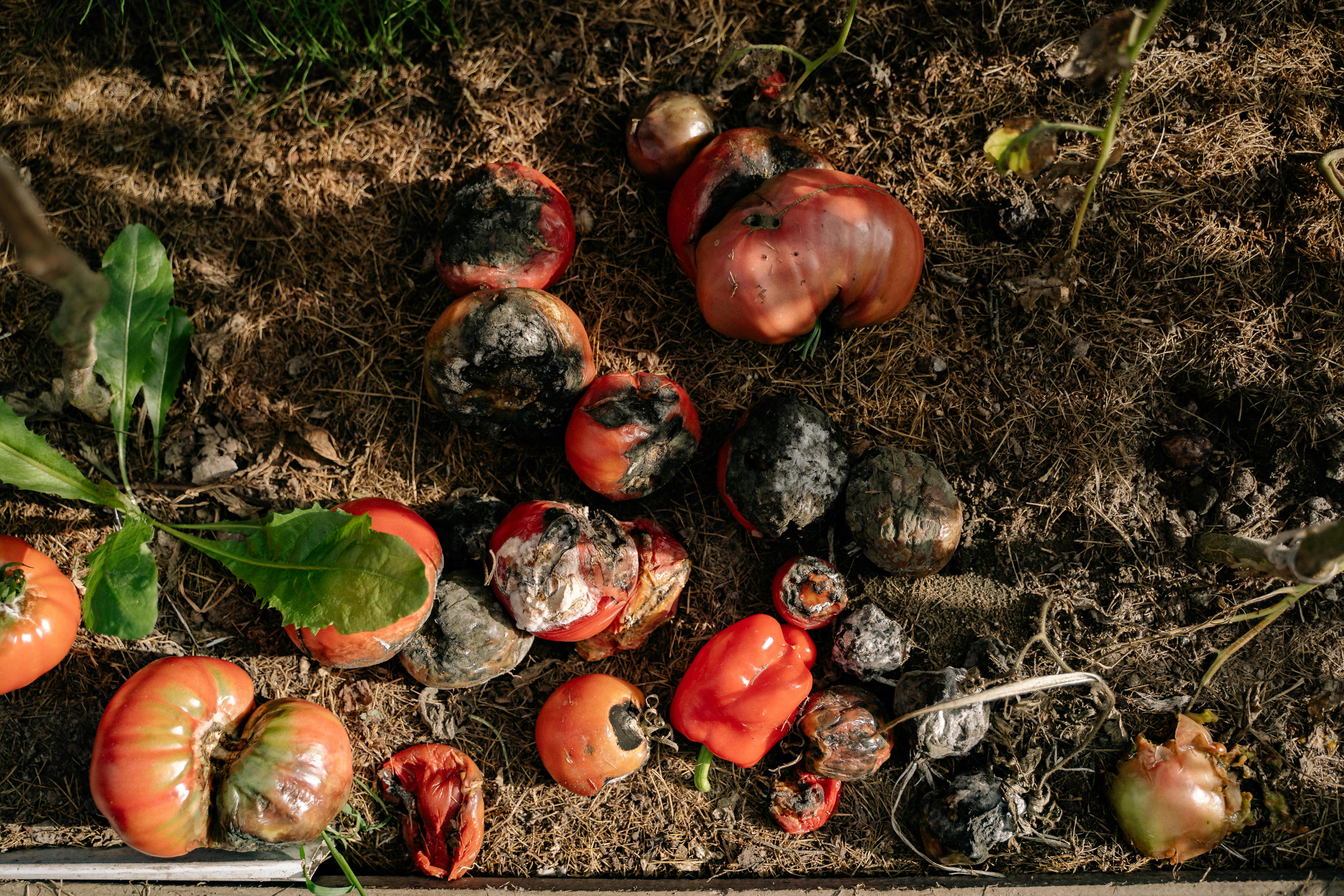
A Greener Way to Go
We all know that death is inevitable, but the way we deal with it is beginning to evolve. For a long time, the standard choices in the UK were burial – which uses up land and can be costly – or cremation, which consumes large amounts of energy and releases emissions into the atmosphere. But now, a more sustainable option is beginning to take root: human composting.
Also known as natural organic reduction, human composting offers a way to return to the earth in the most literal sense. It’s a process that is both scientifically sound and deeply symbolic – and one that the UK is now starting to take seriously.
The Law Commission Digs In
In June 2025, the Law Commission launched a formal review into “new funerary methods”. Their aim is to consider legal frameworks that would support innovative, alternative approaches to death care, and human composting is leading the conversation.
This consultation, open until 4 September 2025, invites input from the public and professionals alike. The goal is to determine whether new laws should be introduced in England and Wales to make methods like composting a lawful, regulated choice.
It’s a promising development for those who wish to make their final act one of environmental responsibility.
So, What Exactly Is Human Composting?
Human composting, or natural organic reduction, is a carefully controlled process that transforms a human body into nutrient-rich soil within 30 to 60 days. While the concept may sound surprising at first, it’s a thoughtful blend of science and nature.
Here’s how the process typically works:
-
Placement – The body is placed in a reusable vessel filled with natural materials like straw, wood chips and alfalfa. Embalming chemicals are avoided.
-
Decomposition – Microbes and bacteria begin to break down the body, supported by oxygen, moisture and warm air.
-
Bone Processing – After a few weeks, only the bones remain. These are ground down and added back into the mix.
-
Finished Compost – The result is about 1 to 1.5 cubic metres of soil, which can be collected by the family, scattered, or donated to conservation projects.
-
Where It’s Already Happening
Human composting is already legal in several parts of the world – most notably in the United States:
-
Washington State led the way in 2019, becoming the first to legalise the practice.
-
Since then, Oregon, Colorado, California, New York, and others have joined in.
-
Canada is watching closely, though not yet offering services within its borders.
-
In Europe, things are still in the early stages. Pilot programmes are being discussed in France and Germany, while the Netherlands is exploring legal pathways.
-
What’s It Cost?
In the U.S., human composting services typically cost between $5,000 and $7,000 (£4,000 to £5,500). That puts it on par with cremation, and often cheaper than traditional burial.
-
Recompose, based in Seattle, offers full services including transport, composting, and ceremonies for $7,000.
-
Other providers like Return Home and Earth offer slightly lower prices with varying levels of personalisation.
In the UK, where traditional burials can cost upwards of £7,000–£9,000, and cremations around £4,000, composting could provide an affordable and environmentally beneficial alternative.
Why People Like It
-
Sustainability – Composting avoids emissions and land use, and uses no harmful chemicals.
-
Connection to Nature – The final product – soil – can nourish trees, gardens or wildlife habitats.
-
Flexibility – Families can use the compost in meaningful ways, or donate it to conservation.
-
Space-Saving – Unlike cemeteries, composting doesn’t take up permanent land.
But Not Everyone’s Sold
Some concerns remain, especially among certain religious groups who may question the appropriateness of the method. There are also practical considerations – like ensuring pathogens and heavy metals are removed – but current operators in the U.S. follow rigorous testing and standards.
As with any new practice, cultural acceptance will take time. But interest is growing, and the ethical case for composting is strong.
What Could Happen in the UK?
If the Law Commission’s review leads to legislative change, human composting could become legal in England and Wales within the next few years – possibly by 2026 or 2027.
Future UK regulations would likely include:
-
Licensing of facilities
-
Health and safety guidelines
-
Rules on transport and the final use of compost
-
Clear consent protocols for individuals and families
It would mark a significant shift in how we think about death care – one grounded in respect, transparency, and ecological responsibility.
Fancy Having a Say?
The Law Commission wants to hear from you. Whether you're an industry professional, a climate-conscious citizen, or someone simply curious about their future options, your opinion matters.
The consultation is open until 4 September 2025. You can submit your views online – just search "Law Commission human composting consultation" to find the form.
Final Thoughts
Whether you prefer a traditional resting place or want to nourish a woodland with your remains, what matters most is choice. Human composting offers a gentle, environmentally aware alternative that reimagines death not as an end, but a contribution.
In the coming years, it may well become a recognised option in the UK. So when you’re planning your legacy, perhaps think beyond the headstone. Composting could be the final gift you give to the planet.
If you’d like to explore more end‑of‑life options and plan everything in one place, from green burials to composting, visit The Farewell Guide, an online funeral planning tool that helps you create and store a funeral plan, then connect with trusted funeral directors. It’s your roadmap to crafting a farewell that reflects your values, and leaves the world a little better than you found it.
Related Articles:
How to Have an Eco-Friendly Death
New Funerary Methods
What is Water Cremation?